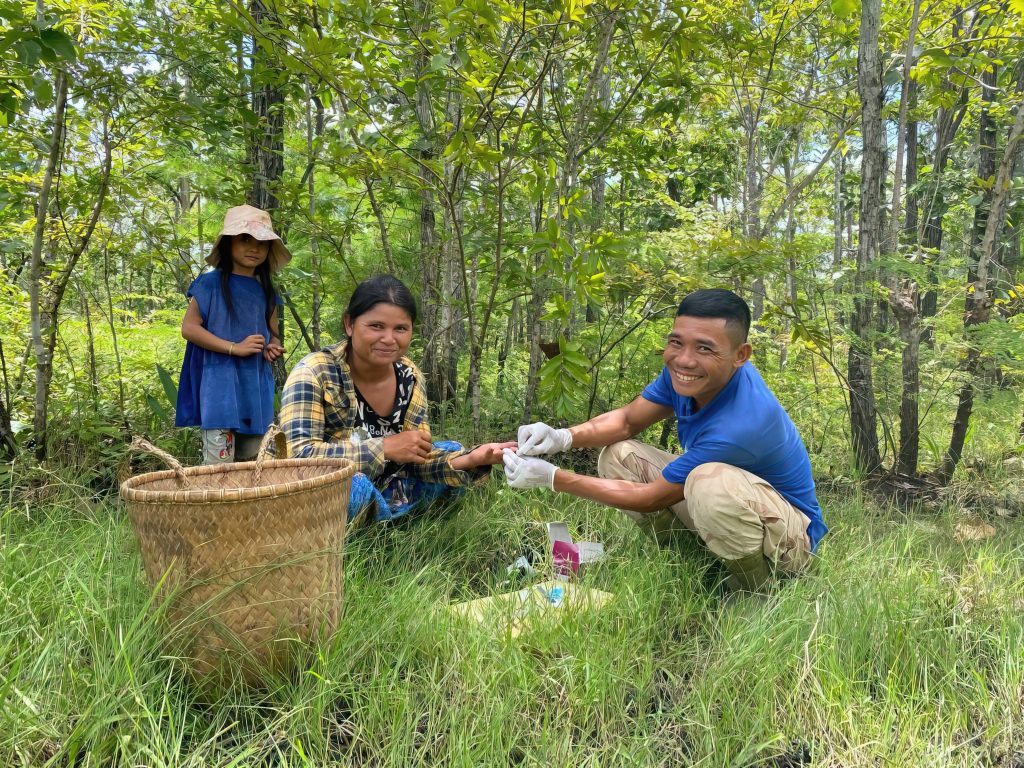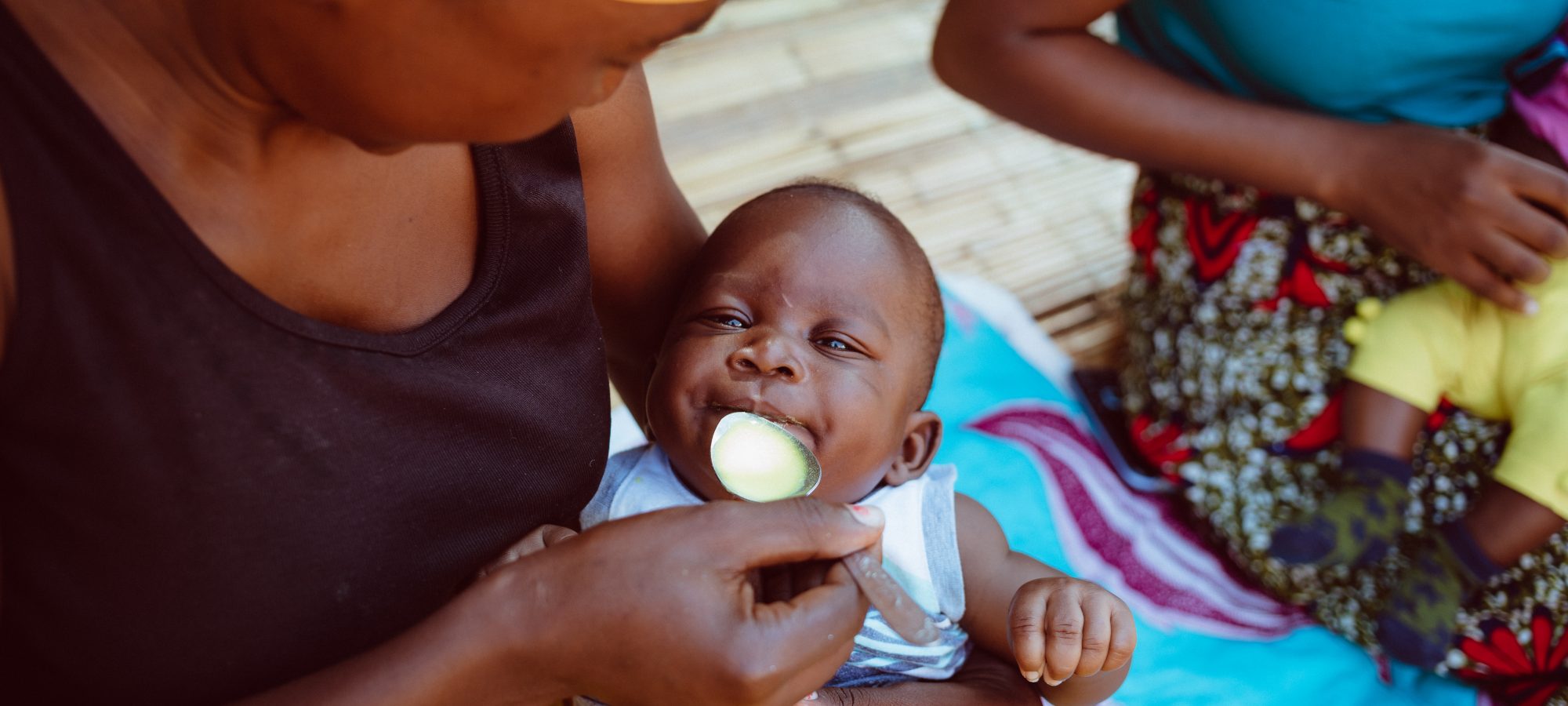In the second instalment of our ASTMH blog series, we outline some of Malaria Consortium’s work around improving equitable access to health services and how this enables us to maximise the impact of our work.
Yesterday in Seattle, our experts kicked off our involvement in the American Society of Tropical Medicine & Hygiene’s Annual Meeting (ASTMH) with a series of presentations in the poster hall. Among these, we outlined how we are supporting national governments to build the resilience and responsiveness of health systems. One of the ways in which we have done this has been to grow the skills and number of community health workers in Nigeria to deliver frontline care to communities wherever they are, even in hard-to-reach geographies, and ensure that those who are disproportionately affected by diseases like malaria can access free, quality disease prevention, diagnosis and treatment.
Increasing access to primary healthcare – where all people, at all ages have access to care in their community – is a major priority across many low- and middle-income countries. Through our research and evidence-led programmes, we help to advocate for increased financing for the resources needed to deliver essential primary healthcare services for all demographics of a population.
We are also working with healthcare professionals at all levels of the health system, from national to local, to embed and strengthen data systems and support healthcare workers to increase their capacity to use them. Yesterday, we presented the findings of implementing a statistical model developed to optimise the delivery of routine malaria data quality assessments in Mozambique. Robust data is integral to identifying weaknesses and gaps and aid decision-making that can address inequities in healthcare delivery.
Today at the conference, we shared our learnings from analysing health facility data in Nigeria to compare monthly incidence rates of confirmed malaria cases in three intervention and three control local government areas (LGAs) of our seasonal malaria chemoprevention (SMC) programmes. We found that the SMC intervention reduced the malaria incidence rate by almost 50 percent in the intervention LGAs compared with the control LGAs. This highly effective intervention to prevent malaria in children during peak transmission is having a significant impact on this disease in a country with one of the world’s highest levels of malaria transmission and under-five mortality rates.
We know that gender norms, roles and behaviours significantly influence how women, men and young people react to health challenges, access health services and how health systems respond to their needs. Through implementing SMC in Uganda, a new geography for the intervention – we analysed the impact of gendered roles on acceptability and implementation outcomes of SMC, identifying gaps and barriers for future studies and SMC programmes to monitor and address.
In our presentations, we took conference attendees further afield, beyond Seattle, to Southeast Asia, where we are working with marginalised and underserved communities, helping to empower the individuals and families within them to take charge of their own health. In Cambodia, mobile malaria workers (community-based volunteers, trained to detect malaria cases among hard-to-reach and high-risk populations) and field officers conducted over 4,600 health education sessions with hard-to-reach communities to increase awareness of radical cure and identify community-led barriers to preventing uptake.
These mobile malaria workers are playing a vital role in supporting the country’s elimination efforts and the distribution of Primaquine radical cure to prevent periodic P. vivax malaria relapses.

Our partnerships with national and local stakeholders are essential in finding existing, local solutions to optimise our malaria research and programmes like SMC. Through harnessing local knowledge and awareness of specific challenges, we can better support equitable health services – first in understanding the issues and then developing appropriate solutions.
We also shared results from our research in Nigeria – through which we examined cultural factors, beliefs and practices that can influence the implementation of perennial malaria chemoprevention (PMC – previously known as intermittent preventive treatment in infants, or IPTi) in children under five. This can inform the development of effective malaria prevention and control strategies to close the gap between efficacy and effectiveness.
Across all our research and programmes, we are working with stakeholders to understand, learn and move together towards equitable, accessible, quality health services for all.
To find out more about our presence at ASTMH, visit our bespoke ASTMH pages on our website
For further updates on our work, sign up to our newsletter
